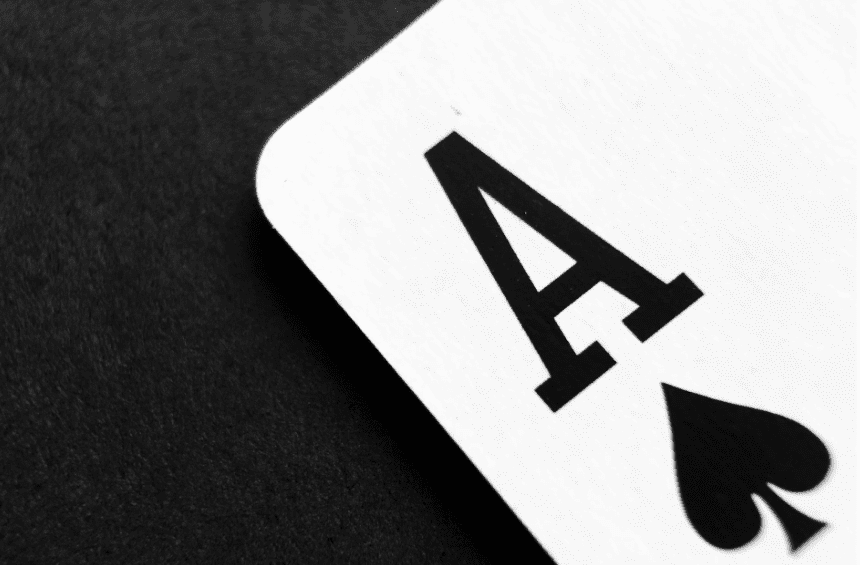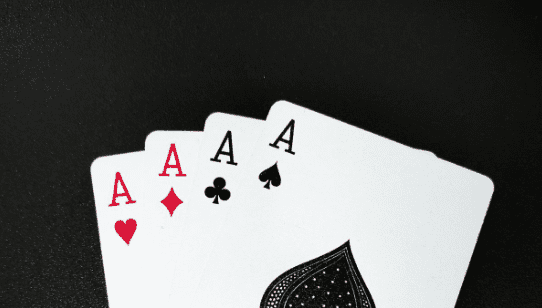One of the most thrilling card games the world has to offer, poker gives an exciting blend of skill, strategy, and a little luck. Whether in a casino or at home with your friends, you must definitely get familiar with the poker rules before you begin to play. This guide gives you poker basics, how to actually play poker, and then goes on to compare poker with other card games like cribbage, canasta, and euchre. After going through this, you will undoubtedly feel empowered enough to sit at the table.
What is Poker?
Poker is more of a strategy, psychology, and smart decisions than just a game of chance. Every year, millions learn to play poker with the hope of living large or simply for the fun of it.
The first step is knowing the poker rules. Once you know the rules, you can concentrate more on honing the game and enjoying yourself.
Basic Poker Rules
A standard 52-card deck is used for poker. The aim is to either make the best five-card hand or convince other players to fold. The general procedure is as follows:
Dealing Cards–Some cards are dealt face-down to the players while others are dealt face-up; it depends on the variation played.
Betting–Players will either call, raise, or fold.
Playing Rounds–More community or individual cards are dealt. Betting continues.
Showdown–The remaining players reveal their cards. Whichever pair has the best hand wins.
In fact, these very simple rules are the basis for the majority of poker variations.
Types of Poker
There are several different forms of poker. Each has different rules while sticking to the same basic idea.
Texas Hold’em–Players use two hole cards and five community cards.
Omaha–Very similar to Texas Hold’em except four hole cards are used.
Seven-Card Stud–No community cards; some are dealt face-up, some face-down.
Five-Card Draw–Players draw new cards to improve their hands.
Once you have learned the basic poker rules, adapting to any of these versions is an easy task.

Stepwise Poker Playing Instructions
If you are trying to understand poker rules, Texas Hold’em is going to be the one to learn first. Here’s a simplified outline:
- The two players sitting to the left of the dealer post the blinds.
- Each player is dealt two face-down cards.
- Players bet, call, raise, or fold.
- The dealer places three community cards face-up (called the flop).
- Another round of betting will then occur.
- The fourth card (the turn) is revealed, followed by betting.
- The fifth and final card (river) is dealt.
- Final bets take place.
- Finally, remaining players present their hands, with the winner being the player with the best five-card hand.
Once you start walking through these, learning how to play poker gets much easier.
Comparing Poker Rules to Other Card Games
However, poker is not the only card game where strategy rules. Let us compare it with a few.
Cribbage Rules
Cribbage employs a scoring board, with players gaining points for combinations such as fifteens, pairs, and runs. The cribbage rules are concerned with points rather than betting, making it far different from poker.
Canasta Rules
Canasta uses two decks, and players create melds of seven cards. Unlike poker, which depends on bluffing, canasta rules concern teamwork and long-term strategizing.
Euchre Rules
Specifically, euchre is a trick-taking game with only 24 cards. The goal is to win the majority of five tricks in one hand. While different from poker, both euchre rules and poker demand critical thought and good timing.
Poker Hand Rankings
Every poker game follows the same hand rankings. You must know them to play:
- Royal Flush – A, K, Q, J, 10 of the same suit.
- Straight Flush – Five cards in order, all of the same suit.
- Four of a Kind – Four cards of the same rank.
- Full House – Three of a kind plus a pair.
- Flush – Five cards of the same suit.
- Straight – Five cards in sequence.
- Three of a Kind – Three cards of the same rank.
- Two Pair – Two different pairs.
- One Pair – A single pair.
- High Card – The highest card wins when no other hand applies.
These rankings are easy to learn and are part of every version of poker rules.
Beginner Poker Tips
Knowing the rules is just the start. Strategy helps you win more often.
- Play fewer hands – Don’t play every card you get. Wait for strong ones.
- Watch others – Study how your opponents bet.
- Protect your money – Set limits and stick to them.
- Bluff wisely – Don’t bluff too often. Pick the right moment.
- Use position – Acting later gives you more information to decide.
Indeed, by mixing strategy with knowledge of the poker rules, you can improve quickly.
Online Poker
Nowadays, you don’t need a casino to play. Online poker sites and apps allow you to practice anytime. You can play free games or join tournaments to make some real cash. The same poker rules are followed in online as well as offline games.
Final Thoughts on Poker Rules
Poker is a game of fun, skill, luck, and decision-making. You can have fun anywhere once you know the rules of poker. Placing poker alongside games such as cribbage, canasta, and euchre helps you appreciate how unique it is.
Additionally, remember to learn from basic concepts more intensely with repeated practice and keep up with your studies. Therefore, time will bring you the confidence to go pro!




